How are Social Workers Supporting People with Intellectual Disabilities and Mental Health Distress?
Welcome back to the Social Work Café blog!
In this post, I’m excited to share insights from the latest podcast episode featuring Jasmin Lagaali—someone I’ve been eager to chat with for quite some time.
Like me, Jasmin is a CSU graduate, and our paths first crossed when I was in my early years as an academic.
Our professional journeys intersected again later when she supervised an outstanding student I had the privilege of teaching, Imogen, who became her colleague.
Jasmin wears many hats, from facilitating workshops for our intensives to lecturing and marking. She truly does it all!
I was particularly keen to speak with Jasmin because of her unique role within NSW Health, where she works in a specialist consultation service for people with intellectual disabilities and mental health distress.
In Australia, human services are often structured around a white, Western framework that isolates issues into single categories (e.g., mental health, alcohol and other drugs).
However, as social workers, we understand that people experience overlapping challenges, and the program Jasmin works in acknowledges and responds to these intersections.
We need more services like this in Australia—ones that recognise the inherent complexities of people's lives and provide holistic support.
Jasmin and Imogen collaborate closely with psychiatrists specialising in intellectual disabilities across different age groups.
Last year, I had the privilege of observing Jasmin and her team in action during a 90-minute family case conference.
It was a masterclass in conducting a multidimensional assessment via telehealth, and I was joined by my colleague from Nihon Fukushi University, Professor Kyoko Otani.
Do you get that much time with your clients?
Jasmin and I agreed that quality social work cannot be rushed.
Unfortunately, many of us operate within neoliberal systems that prioritise quick transactions over meaningful, in-depth engagement.
However, Jasmin's team exemplifies how slowing down ultimately leads to better, more effective outcomes.
Although the consultation service does not provide counselling, social workers in the team engage in casework and assessments with a communication style that is deeply therapeutic.
Another fascinating aspect of Jasmin’s work is engaging with nonverbal clients. This requires building strong relationships with families and carers to distinguish between mental health distress and disability, highlighting just how specialist this work is.
It is vital to have skilled social workers like Jasmin and Imogen in this space.
Jasmin’s passion for her work was evident throughout our conversation. It is always inspiring to see a practitioner find their niche.
As we wrapped up, I asked Jasmin our season three signature question: "What is one thing you would change about social work to make it better?"
Much like Kasey from last week, Jasmin gave a systemic answer, emphasising the need for manageable workloads and for better recognition and understanding of social work.
This aligns with much of the literature I’m currently reviewing on social workers' working conditions.
Interestingly, the UK is actively researching what constitutes a safe workload for social workers.
It’s a conversation that we need to start having in Australia and beyond.
Until next time,
Dr. B



